
Against the backdrop of global energy transformation and growing environmental awareness, Indonesia's biomass pellet market is showing great development potential, providing rich business opportunities for related companies.
1.Policy Environment: Strong support for the development of biomass energy
The Indonesian government attaches great importance to the development and utilization of renewable energy, and regards clean energy such as biomass energy as one of the important ways to achieve the goal of carbon neutrality. In recent years, a series of favorable policies have been introduced to promote the development of the biomass energy industry. In order to achieve the goal of "carbon neutrality in 2060", the Indonesian government has listed biomass energy as one of the core directions of energy transformation. According to the "2025 Indonesian Biomass Pellets Industry Report", Indonesia plans to increase the proportion of renewable energy to 23% by 2025, of which biomass energy contributes 6%, and plans to reduce fossil fuel dependence through "biomass co-firing technology" in coal-fired power plants.
Promotion of co-firing technology: Indonesia's National Power Company (PLN) plans to implement 10% biomass co-firing in 52 coal-fired power plants, with an estimated annual demand of 8 million tons, far exceeding the current production capacity.
Standards and subsidies in parallel: The government is formulating the National Standard for Biomass Pellets (SNI) and providing tax exemptions for imported equipment to attract foreign investment to participate in the construction of the industrial chain.
2. Resource Advantages: sufficient and sustainable supply of raw materials
Indonesia has rich forest resources and huge agricultural waste, with an annual total of more than 150 million tons and a power generation potential of 50GW, which provide sufficient raw materials for the production of biomass pellets. As one of the world's largest exporters of wood products and a major producer of palm oil and palm kernel shells, Indonesia can ensure a long-term and stable supply of biomass pellet raw materials and achieve sustainable development of the biomass pellet industry through sustainable forest management and utilization.
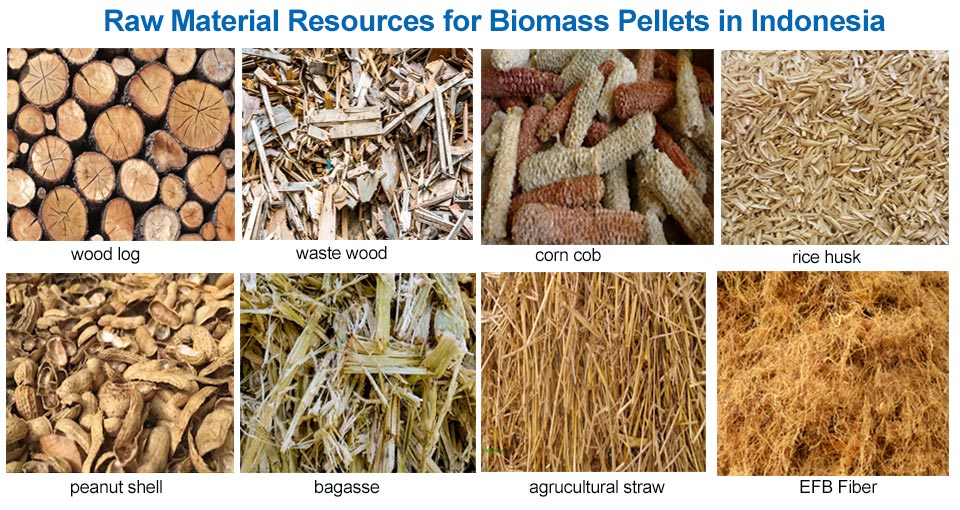
3. Market demand: Domestic and international demand both grow
Domestic Demand
With the increasing awareness of environmental protection and the demand for clean energy, the demand for biomass pellets in Indonesia is showing a rapid growth trend. The Indonesian National Electricity Company plans to implement 10% biomass co-firing in 52 coal-fired power plants across the country. It is estimated that 8 million tons of biomass will be needed each year. There is a huge gap between market supply and demand.
International Demand
Internationally, Japan and South Korea are the main importers of Indonesia's wood pellets. Indonesia's wood pellet exports to South Korea and Japan account for 61% and 38% of its total exports, respectively. The two countries promote the construction of Indonesia's biomass supply chain through financial support and long-term agreements. It is expected that the export scale will exceed 330,000 tons in 2025. With the growth of global demand for renewable energy and the continuous development of Indonesia's biomass pellet industry, its products are expected to further expand their share in the international market.
4. Market Challenges: Difficulties to be Overcome
Supply Chain Problems
Indonesia's biomass pellet industry still has many problems in the collection, processing and transportation of raw materials, such as the high collection cost caused by the dispersion of raw materials, and the imperfect transportation infrastructure affecting the transportation efficiency of raw materials and products, which restrict the scale development of the industry.
Quality Standards and Certification Systems Need To be Improved
At present, Indonesia's biomass pellet quality standards and certification systems are not perfect enough, which has affected the market promotion and application of biomass pellets to a certain extent. Establishing a sound quality standard and certification system, strengthening market supervision, and improving the quality and safety of biomass pellets are one of the important tasks for the development of the Indonesian biomass pellet market.
5. Market Opportunities: Investment Opportunities Not to Be Missed
Huge Investment Potential
The Indonesian biomass pellet market is still in its early stages of development. The concentration of the biomass pellet industry is less than 20%. Local enterprises are mainly small and medium-sized factories. The market saturation is low and there is broad room for future growth. For strong enterprises, by investing in the construction of biomass pellet production plants, R&D centers, logistics distribution centers, etc., they can make early arrangements, seize market share and gain first-mover advantages.
Broad Space for Technical Cooperation
Indonesia is relatively backward in biomass pellet production technology and urgently needs to introduce advanced technology and equipment. Bolida & Rotexmaster Group provides opportunities for technical cooperation. By conducting technical cooperation and equipment sales with Indonesian enterprises, the technical level of Indonesia's biomass pellet industry can be improved.
Many Opportunities for Market Expansion
Indonesia's biomass pellet market not only meets domestic demand, but also has great export potential. Biomass pellet manufacturer can take advantage of Indonesia's geographical advantages and policy support to promote their products to the international market,expand their business scope and improve their international competitiveness.
Conclusion: Opportunities and Challenges Coexist
The Indonesian biomass pellet market has both policy dividends and resource advantages, and is expected to have a compound growth rate of more than 10% from 2025 to 2029. Despite some challenges, overall, market opportunities outweigh challenges, and the future development prospects are broad. For investors who want to do biomass pellet projects, seizing this opportunity and actively deploying the Indonesian market will help achieve their own sustainable development and enhance market competitiveness. As a professional biomass pellet production line equipment manufacturer, Bolida & Rotexmaster can provide you with a one-stop solution. Welcome to contact us for more detailed information.
How to Ensure Uniform Feeding of Wood During Operation of Wood Chipper
How to build a medium-large scale biomass pellet plant: key steps and Investment guideline
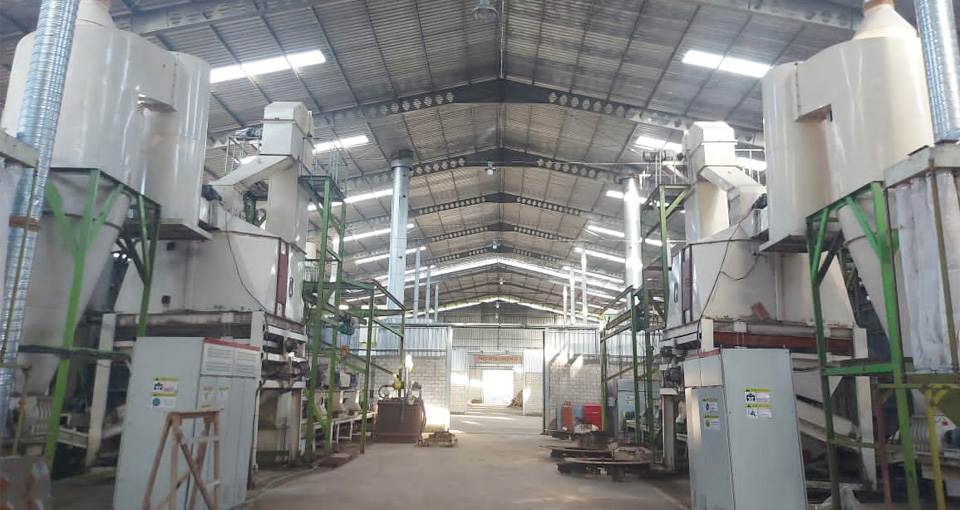 20t/h Wood Pellet Production Line in Indonesia
20t/h Wood Pellet Production Line in Indonesia
Country: Indonesia
Capacity: 20t/h
Raw Material: subtropical trees
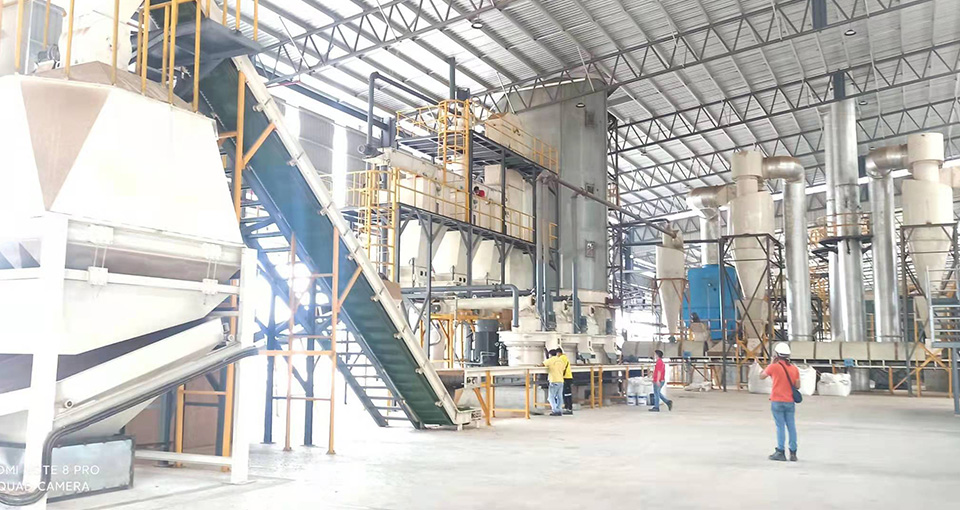 10t/h Wood Pellet Production Line in Malaysia
10t/h Wood Pellet Production Line in Malaysia
Country: Malaysia
Capacity: 10t/h
Raw Material: wood log (acacia wood, eucalyptus wood)
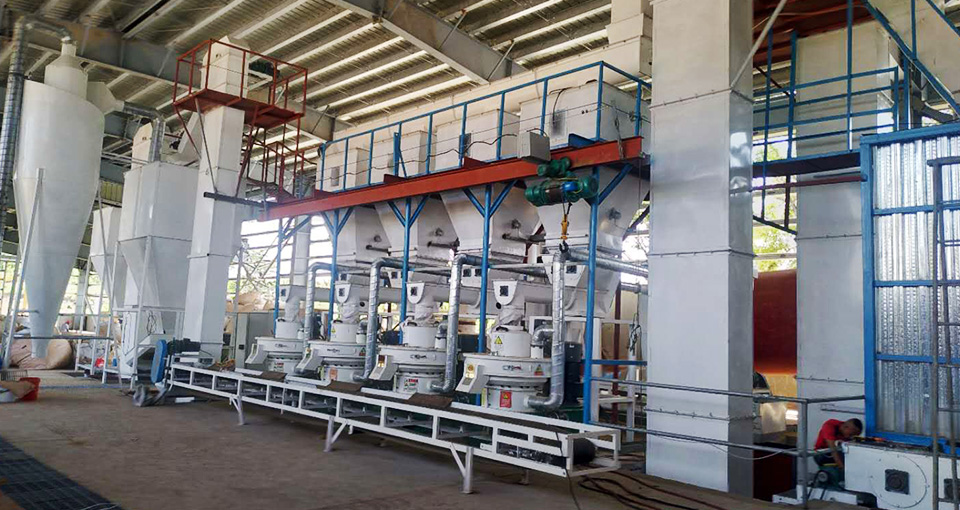 10t/h Wood Pellet Production Line in Philippines
10t/h Wood Pellet Production Line in Philippines
Country: Philippines
Capacity: 10t/h
Raw Material: wood log
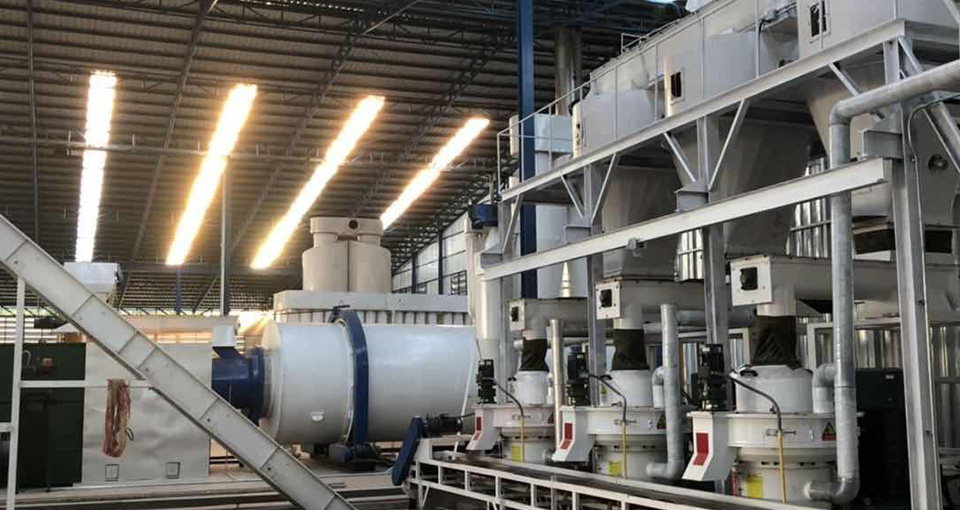 6t/h Wood Pellet Production Line in Thailand
6t/h Wood Pellet Production Line in Thailand
Country: Thailand
Capacity: 6t/h
Raw Material: wood log